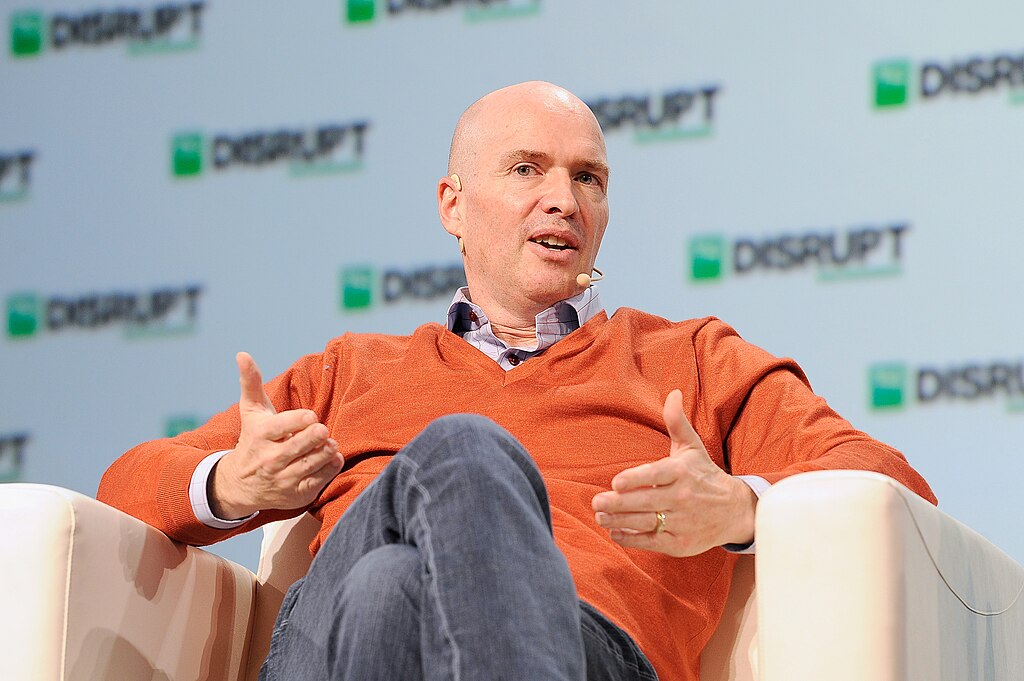A tale of fraud and legal strife revolves around the renowned cryptocurrency exchange, Binance. Changpeng Zhao, the brainchild behind the enterprise, recently unveiled steps taken against a shadowy entity operating under the name Binance Nigeria Limited.
Through a social media announcement on June 18, Zhao revealed that they had enforced a cease and desist order against the fraudulent operation. This came in the wake of a June 9 circular issued by the Nigerian Securities and Exchange Commission (SEC), which marked Binance Nigeria Limited as an illegal entity within their jurisdiction.
Binance swiftly responded, making it clear that the illegitimate Nigerian offshoot had no ties to their brand. Despite this confusion, the cryptocurrency behemoth earnestly intended to collaborate with the Nigerian SEC for future clarity and progress.
Meanwhile, on a different front, Binance is untangling itself from legal snags with the United States Securities and Exchange Commission (U.S. SEC). A lineup of 13 accusations stood against Binance and Zhao, including the company's operations as an unregistered exchange, broker-dealer, and clearing agency. These charges came despite Binance's revenue of $11.6 billion from American clients.
The tide turned on June 17 when U.S. Judge Amy Berman Jackson validated an accord between the U.S. SEC and Binance entities. This resulted in the removal of a prior restraining order that aimed to immobilize all assets of Binance.US.
Founded in George Town, Cayman Islands, in 2017, Binance expanded its reach with a subsidiary in Mahe, Seychelles, two years later. The platform continues to make strides in the ever-evolving crypto universe, now operating in nearly 100 countries worldwide.
In a world where digital transactions continue to gain prominence, these events spotlight the complex legalities and challenges that global entities like Binance navigate while ensuring a secure environment for their clientele.


























Comment 0